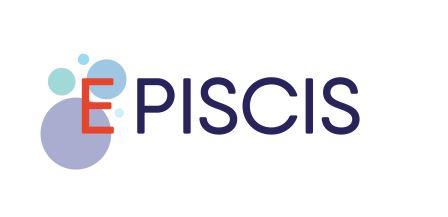E-learning program for improving smoking cessation interventions in Spain
Background:
Smoking consumption is high in Spain (overall 23.0% of Spanish population >16 years are smokers, 27.6% of men and 18.6% of women). Despite this data, smoking cessation counseling interventions are still low frequent in clinical settings.
Aim:
This e-learning implementation and innovation research project is designed to enhance health professionals’ knowledge, attitudes and behaviors in tobacco cessation to improve smoking cessation interventions in Spanish clinical settings.
Methods:
The E∼PISCIS project employs an e-learning program to train clinicians in how to identify, treat and support patients who smoke. This project employs two evidence-based products which have been tested by the Tobacco Control Unit:
- the “Brief Intervention for Smoking Cessation Training Program” designed by the Catalan Institute of Oncology (Spain) aimed to increase knowledge on behavioral and pharmaceutical interventions for smoking cessation and;
- the Implementation tools developed in the ISCI_SEC project [link] and based on the Ottawa model tools.
Additionally, we are updating the “Brief Intervention for Smoking Cessation Training Program” in order to improve it by incorporating five educational video lessons in which participants can see simulated scenarios and role plays to learn how to: 1) provide strategic advice; 2) assess smokers’ motivation and nicotine dependence; 3) offer medication for quitting and address questions and concerns of clients on therapy; 4) how to motivate a patient who is reluctant to quit; and, finally, 5) how to overcome a lapse and relapse.
By educating physicians in smoking cessation we intend to increase smoking cessation interventions in clinical settings which ultimately will help to systematically identify, motivate, treat, and support smokers in their quitting process.
Funding: Pfizer Grant ID 41929147 (49.000 $)
Research team
Institut Català d’Oncologia
- Cristina Martínez (PI),
- Esteve Fernández,
- Assumpta Company,
- Olga Romero,
- Montse Ballbè,
- Laura Anton,
- Ariadna Feliu,
- Anna Riccobene,
- Mercè Margalef
- Marta Enriquez





